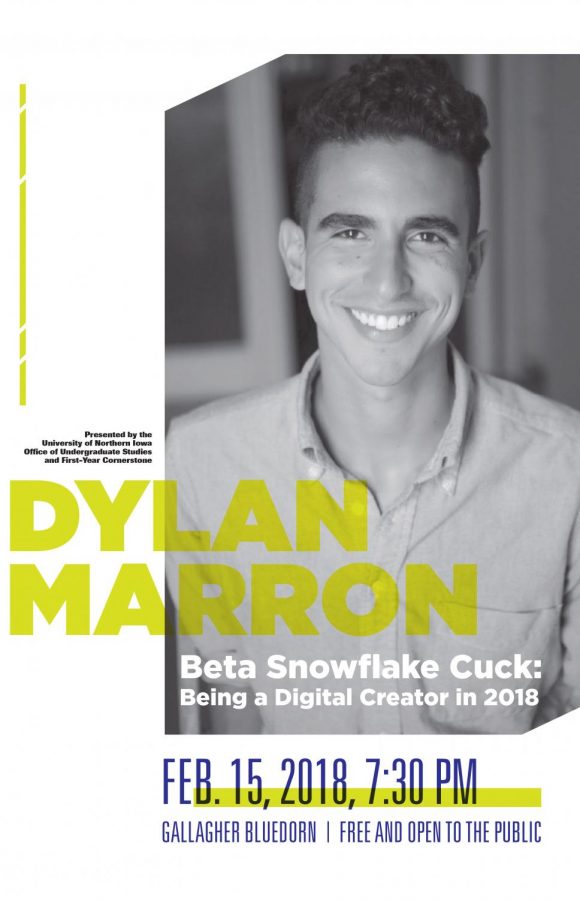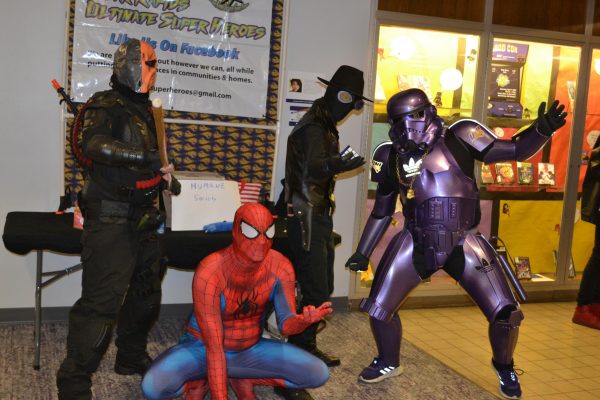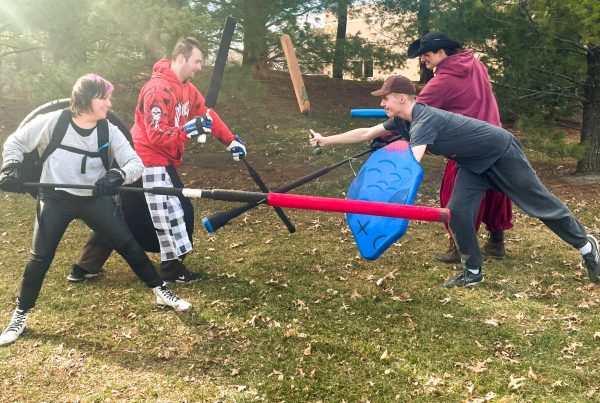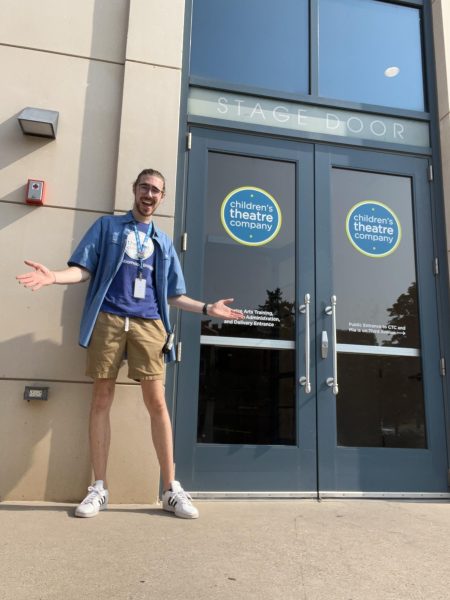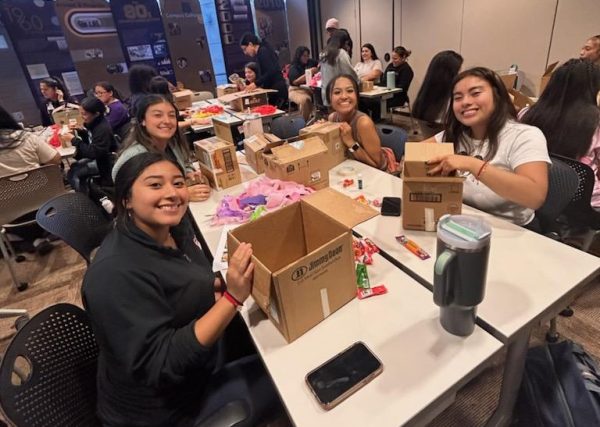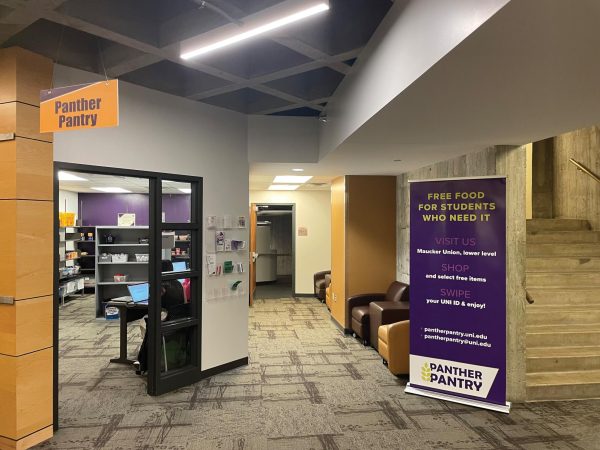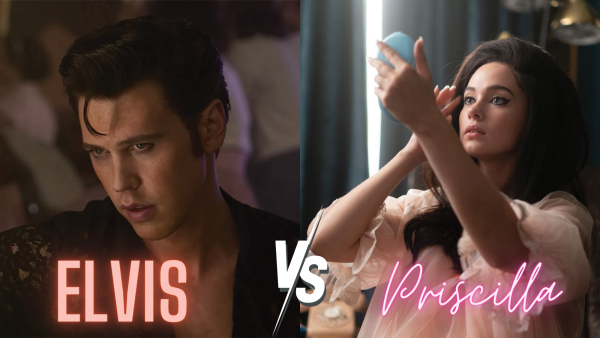UNI to host ‘Beta Snowflake Cuck’
Dylan Marron, a videographer and writer, will be speaking at UNI on Feb. 15 on being a creator in 2018.
Feb 12, 2018
On Thursday, Feb. 15 at 7:30 p.m., UNI’s Office of Undergraduate Studies and First Year Cornerstone program will host Dylan Marron, videographer and writer, in the Great Hall of Gallagher Bluedorn Performing Arts Center (GBPAC). Marron will be presenting “Beta Snowflake Cuck: Being a Digital Creator in 2018.” The talk will be free and open to the public.
The Facebook page for it states Marron will use satire to examine name calling in the political arena and discuss how people can communicate free of negativity when talking about politics.
According to Marron’s website, he is an IFP Gotham Award and Drama Desk nominated performer, writer and video maker. Marron wrote a play called Ridgefield Middle School Talent Nite, which was a part of the 2010 Fringe Festival.
Marron voices Carlos on the smash-hit podcast, “Welcome to the Night Vale,” which presents saterized community updates about the small desert town of Night Vale and features weather, local news and announcements from the Sheriff’s Secret Police.
Marron is an alum of the New York Neo Futurists, which is a collective of productive performers, writers and directors who combine theater with sport, poetry and living newspaper. The group aims to embrace those who are unmoved by conventional theater and inspiring them with feeling thought, action and much more, as written in the mission statement on their website.
According to Marron’s website, he is the creator of “Every Single Word,” which was Tumblr’s “Most Viral Blog of 2015.” A Shorty Award Nominee, “Every Single Word” is a video series that edits down popular films to only feature words spoken by people of color.
Marron is a writer and correspondent at Seriously.tv where he created, produced and hosted “Shutting Down Bullsh*t,” “Sitting in the Bathroom with Trans People” and the “Unboxing” series.
Marron is also working on a podcast entitled, “Having Conversations with People Who Hate Me,” where he extends conversations with folks who have said negative or hateful things about him on the internet. This podcast was a “podcast pick” by the Guardian and USA Today.
Rachel Morgan, an instructor in the department of languages and literatures, discussed how she found out about Marron.
According to Morgan, every year Cornerstone faculty members have meeting where they have Common Read, a suggested reading for the campus community. For this year, they read the book, “The Best American Nonrequired Reading of 2016,” trying to find a common theme that emerges. This year, however, the theme that really seemed to speak to the faculty was about citizenship creating communication and what it means to create civil discourse.
Morgan brought up an event a faculty member went to recently by the name of “NerdCon,” which, as described by their website, was a way to reflect on the way humans tell stories. They have events including discussions, panels, interactive storytelling, art projects and much more. During the faculty’s time there, she had heard Marron’s speech of how to talk to people whose opinions differed from his own.
“We thought it would be really important given the current political climate, when it seems that one side is yelling at the other,” Morgan said. “How do we teach and talk about communication and stability?”
Morgan said Cornerstone instructors are mindful of what it means to engage students, make them feel as though they are heard and discuss topics in which the students are interested. Morgan said that, as an educator, she must be mindful of students who have grown up in the digital age and said Marron does this well for students.
“I think, in time, that political rhetoric is escalated, and we’re yelling and become increasingly partisan and stagnated. I think that Dylan asks us to pause and consider what does it mean to engage in conversation to the other side,” Morgan said. “I think Dylan really embodies the message of diversity; I think he does it from a place of love and acceptance. I believe that [of] UNI and many other higher institutions, it’s incumbent on us to examine diversity and to invite it and welcome it.”


